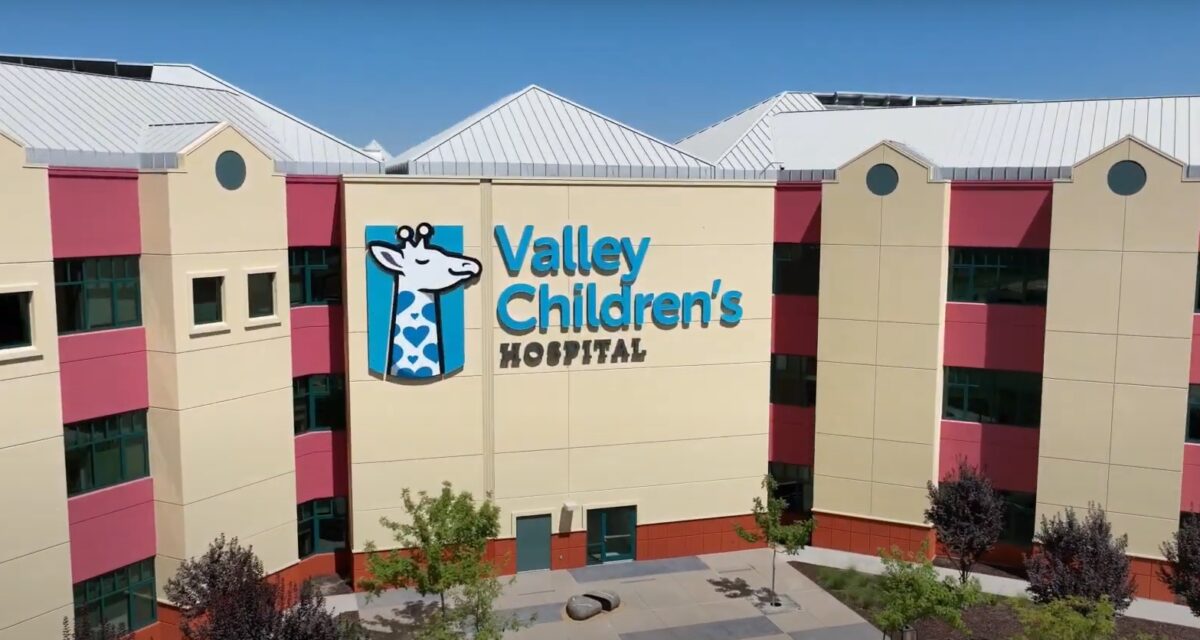From pv magazine USA
A microgrid project is getting underway at Valley Children’s Hospital in Madera, California, led by the State of California through the California Energy Commission, and joined by Faraday Microgrids and Redflow, providing zinc bromine flow batteries.
Faraday Microgrids, project developer said that the project is “groundbreaking in the advancement of the total capacity and duration of emergency power support.” Located in an area of the country that’s vulnerable to power outages, the microgrid is designed to provide resiliency to the pediatric facility.
The project received funding from Department of Energy (DOE), which announced up to USD 325 million ($507 million) for 15 projects across 17 states and one tribal nation to accelerate the development of long-duration energy storage (LDES) technologies. The DOE funding supports the DOE’s Long Duration Storage Shot, which establishes a target to reduce the cost of grid-scale energy storage by 90% for systems that deliver 10+ hours of duration within the decade.
The Children’s Hospital Resilient Grid with Energy Storage (CHARGES) project is intended to enable the hospital to replace diesel generators with cleaner, more cost-effective resources, while also serving as a roadmap for other hospitals to use to build similar systems. Faraday Microgrids has been working closely with the California Energy Commission to develop and demonstrate the capabilities of renewable energy microgrids as a source of backup power in hospitals.
The CHARGES project will install a 34.4 MWh behind-the-meter, zinc bromide flow battery system from Redflow Limited. Redflow, an Australian company, produces zinc-bromine flow batteries designed to work in harsh conditions in deep cycling, LDES applications in the commercial & industrial sector. The company recently announced that its energy storage solutions have been approved by the California Public Utilities Commission (CPUC) as part of the state’s Self-Generation Incentive Program (SGIP). With SGIP approval, Redflow expects its flow batteries to be more economically attractive, as the state incentives support wider deployment across disadvantaged communities within the state.
“Our batteries are ideally suited for daily use in the Central Valley’s extreme heat, and we’re proud to provide the resources the hospital needs to ensure safe, reliable operations,” said Redflow CEO and managing director, Tim Harris. “This combination of our technology leadership, Faraday’s trusted microgrid solutions, and the funding provided by the CEC and DOE all assist in transitioning communities to a cleaner, more energy-efficient future.”
In addition to Redflow batteries, the microgrid will be paired with solar and other renewable energy resources such as fuel cells to support decarbonisation and to ensure that the hospital stays up and running in the event of wildfires, earthquakes and other events that cause power outages.
This content is protected by copyright and may not be reused. If you want to cooperate with us and would like to reuse some of our content, please contact: editors@pv-magazine.com.









By submitting this form you agree to pv magazine using your data for the purposes of publishing your comment.
Your personal data will only be disclosed or otherwise transmitted to third parties for the purposes of spam filtering or if this is necessary for technical maintenance of the website. Any other transfer to third parties will not take place unless this is justified on the basis of applicable data protection regulations or if pv magazine is legally obliged to do so.
You may revoke this consent at any time with effect for the future, in which case your personal data will be deleted immediately. Otherwise, your data will be deleted if pv magazine has processed your request or the purpose of data storage is fulfilled.
Further information on data privacy can be found in our Data Protection Policy.